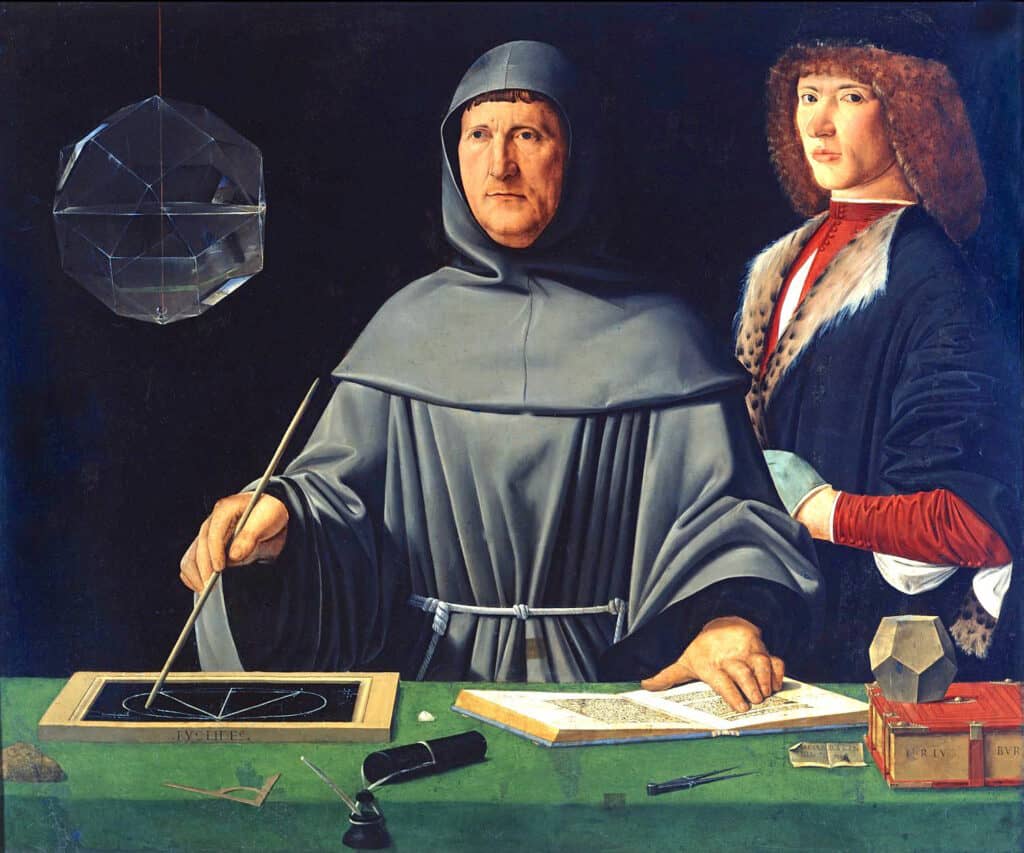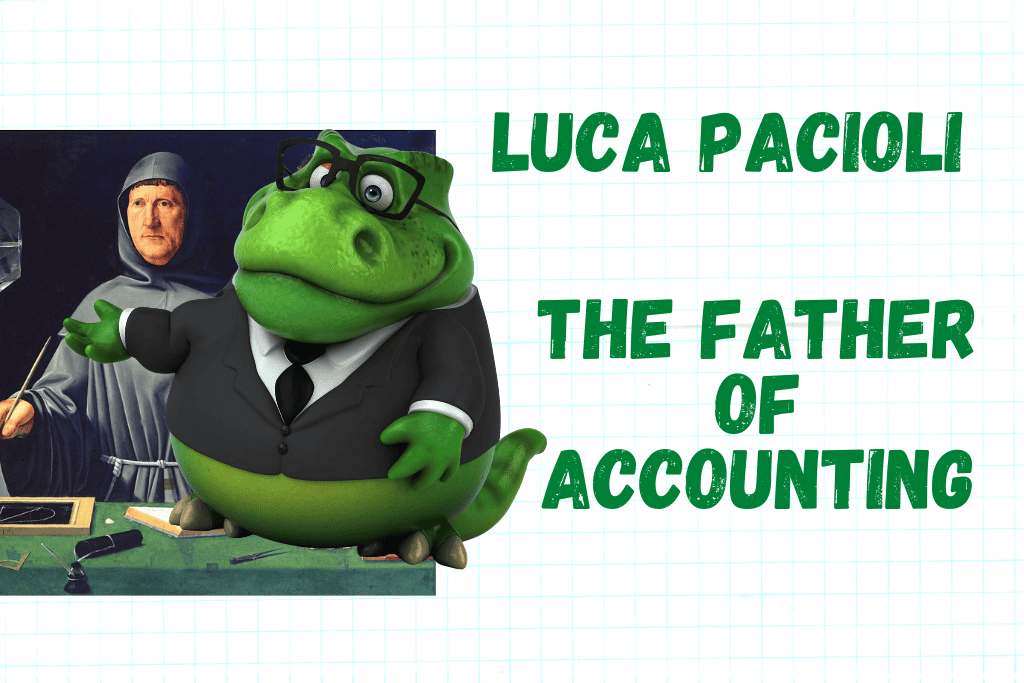Luca Pacioli, an Italian mathematician, Franciscan friar, and scholar, may not be a household name, but his contributions to the world of accounting have left an indelible mark on the field. Often referred to as the “Father of Accounting,” Pacioli’s work laid the groundwork for modern accounting practices and revolutionized the way businesses record, organize, and analyze financial transactions.

The Importance of Luca Pacioli’s Work:
Born around 1447 in the Tuscan town of Sansepolcro, Luca Pacioli was a multifaceted scholar with a passion for mathematics and the pursuit of knowledge. In 1494, he published a seminal book titled “Summa de Arithmetica, Geometria, Proportioni et Proportionalita” (The Collected Knowledge of Arithmetic, Geometry, Proportion, and Proportionality), which is considered one of the most significant accounting texts in history.
In this groundbreaking work, Pacioli introduced the principles of double-entry bookkeeping, a revolutionary system that transformed the way financial transactions were recorded and organized. The concept behind double-entry bookkeeping was simple yet powerful: every transaction affects at least two accounts, with debits and credits balancing each other. This systematic approach not only provided businesses with accurate financial records but also served as a safeguard against errors and fraud.
The Life and Journey of Luca Pacioli:
Luca Pacioli’s journey was one of intellectual curiosity and devotion to learning. He studied at the University of Perugia and later became a Franciscan friar. Throughout his life, Pacioli traveled extensively, immersing himself in the intellectual centers of Italy, where he collaborated with prominent artists, scholars, and scientists of the Renaissance period.
It was during his time in Venice that Pacioli became acquainted with Leonardo da Vinci, forming a lasting friendship with the renowned artist and scientist. This association later led to the publication of “De Divina Proportione” (On Divine Proportion), a collaborative work between Pacioli and da Vinci, exploring the mathematical concepts of proportionality and geometry.
Legacy and Enduring Impact:
Luca Pacioli’s contributions to accounting continue to resonate in the contemporary world. His principles of double-entry bookkeeping are the foundation of modern accounting practices, forming the basis for financial reporting and analysis in businesses of all sizes across the globe.
Beyond his work in accounting, Pacioli’s broader impact on the Renaissance era’s intellectual and artistic community is equally noteworthy. He was a bridge between the worlds of science, art, and mathematics, influencing and inspiring generations of scholars and thinkers.
Pacioli’s dedication to learning, intellectual curiosity, and innovative thinking serve as an enduring reminder of the power of ideas and their ability to shape the course of human history.

